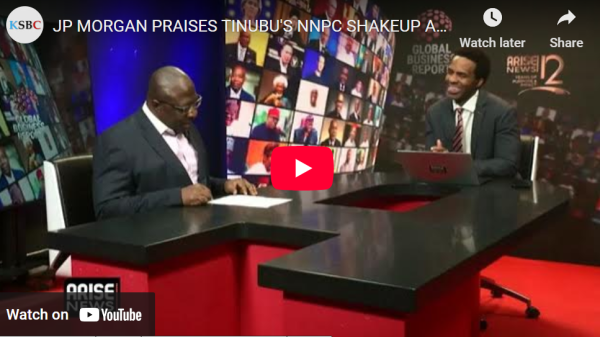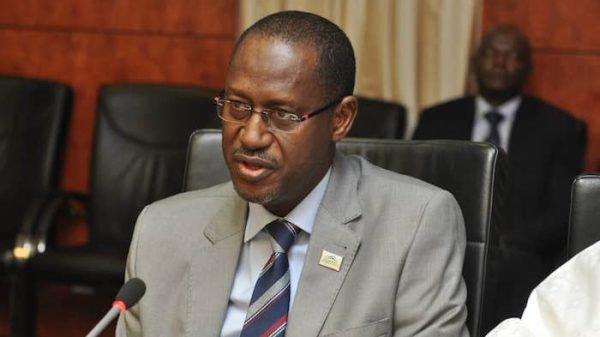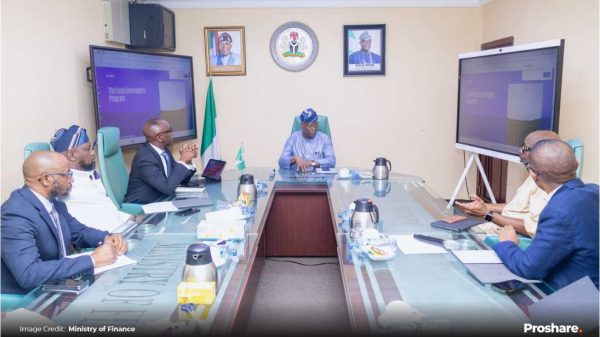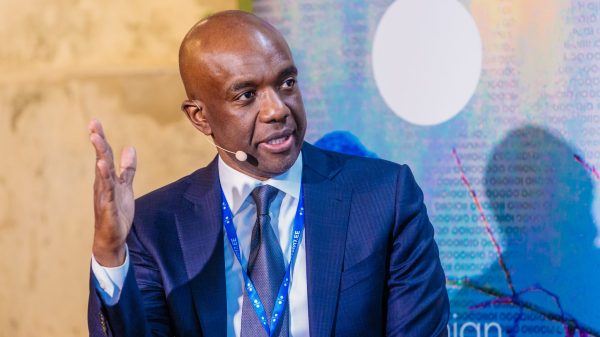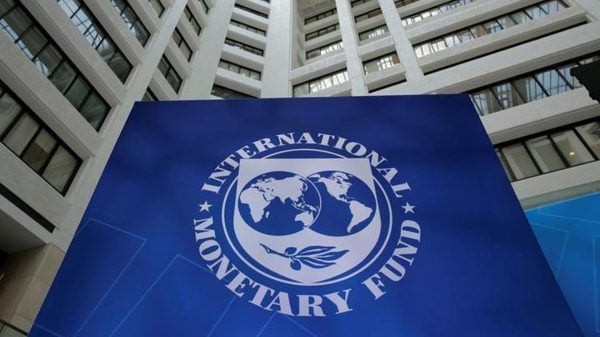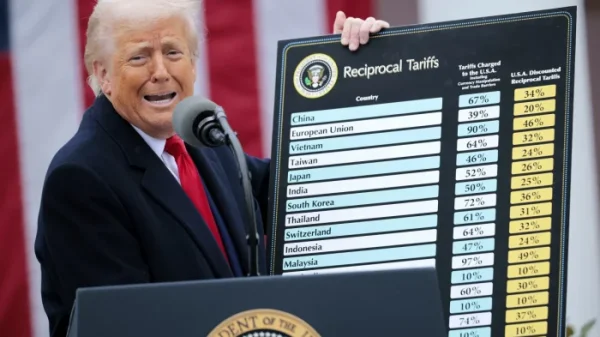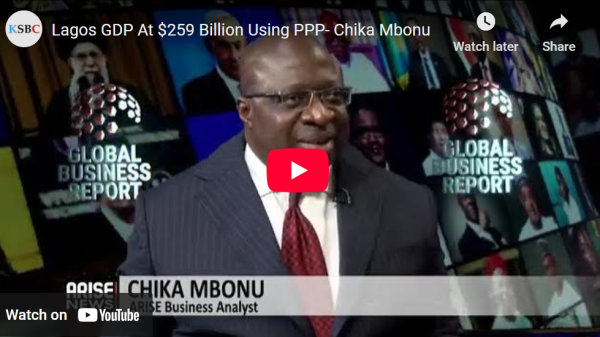The Director-General of the Lagos Chamber of Commerce and Industry (LCCI), Dr Chinyere Almona, has urged the Central Bank of Nigeria (CBN) to do a reality check on the business environment and align its monetary policy decisions accordingly.
She said the decision must be responsive to the difficult realities of businesses and consumers.
Speaking in Lagos, the DG said that the recalibration of the consumer price index (CPI) methodology by the National Bureau of Statistics (NBS) has resulted in a notable statistical decline in inflation, dropping from 34.8 per cent in December 2024 to 24.48 per cent in January 2025, the reality is that many businesses and households are still grappling with extremely-high costs of goods and services.
She said while the rebasing provides a more updated measure of economic conditions, it does not translate into any relief from inflationary pressure in practical terms.
Hence, she said, concrete measures must be taken to reduce inflationary pressure in real terms, support enterprise development and drive inclusive economic growth.
She said the CBN’s decision to maintain the monetary policy rate (MPR) at 27.5 per cent is appreciated by the business community. High interest rates had stifled businesses seeking to leverage credit for business operations and expansion.
“We look forward to seeing a persistent focus on fighting the fundamentals that have contributed to rising inflation that has occasioned the hiking of rates as a form of response.
“Keeping the MPR unchanged provides some form of policy stability, which enhances investor confidence and aids economic planning, at least in the short term. This decision also aligns with a gradual approach to managing inflation, helping to contain price increases without introducing abrupt shocks to borrowing costs, especially in an environment where access to credit is already limited,” she said.
Noting some challenges associated with this decision, she said that high interest rates sustain elevated borrowing costs, making it difficult for small and medium-sized enterprises (SMEs) to access affordable credit, which can hinder economic expansion and job creation.
Urging the government not to get carried away with a rebased inflation figure and lose the fight against inflationary pressure, she said the fundamental variables that have driven inflation upwards for months, like insecurity, high cost of energy, burdening cost of logistics and imports as well as volatile foreign exchange (FX) must be kept under close watch for targeted interventions.
She said the decision to hold the MPR steady underscores the need for complementary fiscal and structural reforms to support monetary policy efforts.
The government, she said, must prioritise measures that enhance local production, improve supply chains and boost economic resilience.
“Policies that address energy costs, infrastructure development and trade facilitation will be key in ensuring that businesses can thrive while dealing with prevailing macroeconomic challenges. While inflation rebasing is a technical necessity for better statistical accuracy, the real test lies in how economic fundamentals improve over time.
“The private sector looks forward to continued engagement with policymakers to ensure that both monetary and fiscal interventions are aligned toward sustainable economic growth and improved living conditions for Nigerians,” she noted.



